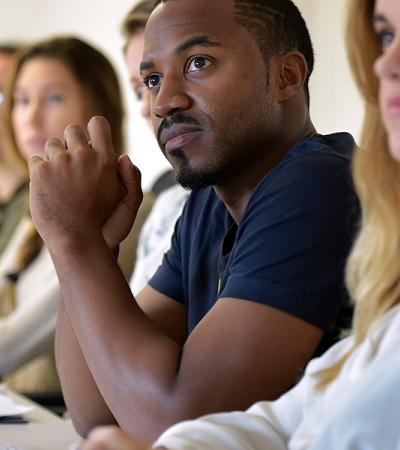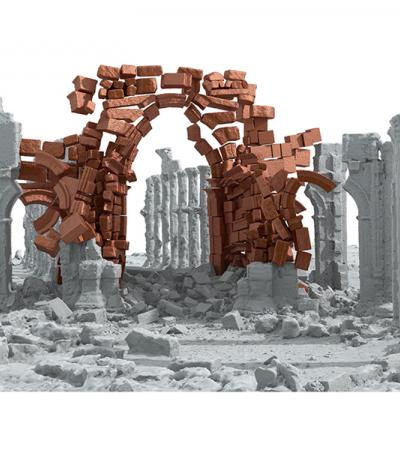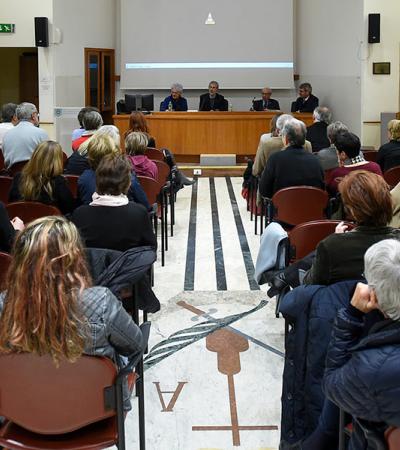The AUR Graduate School offers a series of Graduate Skills Workshops designed to enhance our Masters’ Programs with one and two day workshops that will cover different topics aimed at developing specific skills, in line with the guiding philosophy and emphasis on gaining transferable skills along with intellectual development that is a cornerstone of AUR’s M.A. degree programs.
The AUR Graduate School offers M.A. students the optional extracurricular 30-hour introductory course in Italian Language Skills for Graduate Studies. The course meets five hours a week (divided into three weekly sessions) over the first six weeks of the first fall semester to best fit in with the academic demands and schedules of all the M.A. programs, and it is recorded as pass/fail on student transcripts. This course fee is 500 US Dollars or 400 Euros. (A minimum enrollment of 10 students must be met in order for the course to run; maximum capacity: 16.)
Previous workshops:
The Spring 2019 workshop for M.A. students in Sustainable Cultural Heritage focused on UNESCO: World Heritage Inscription.
In Fall 2018, the one-day half-credit Digital Heritage workshop took place as part of the core curriculum for M.A. students in Sustainable Cultural Heritage. The workshop was led by Dr. Fabrizio Galeazzi, one of the foremost Digital Humanities researchers with extensive experience in the U.S., U.K, Italy and other parts of Europe.
The second workshop took place in Spring 2018 and covered the topic of Security and Risk Management at Museums and Heritage Sites. Participants learned how to protect themselves and great works of art in a seminar led by Dick Drent, former security director at the Van Gogh Museum in Amsterdam and an expert on anti-terrorism and criminal profiling. To practice their skills, students went on a stealth mission at a local museum.
In Fall 2017, Prof. Pier Matteo Barone led the first workshop that covered the topic of Geographic Information Systems. A Geographic Information System (GIS) is a computer-based tool that analyzes, stores, manipulates and visualizes geographic information, usually in a map. The workshop was developed to help participants gain more experience and knowledge on the potential of GIS as a tool to aid in evidence-informed policy and decision-making.



